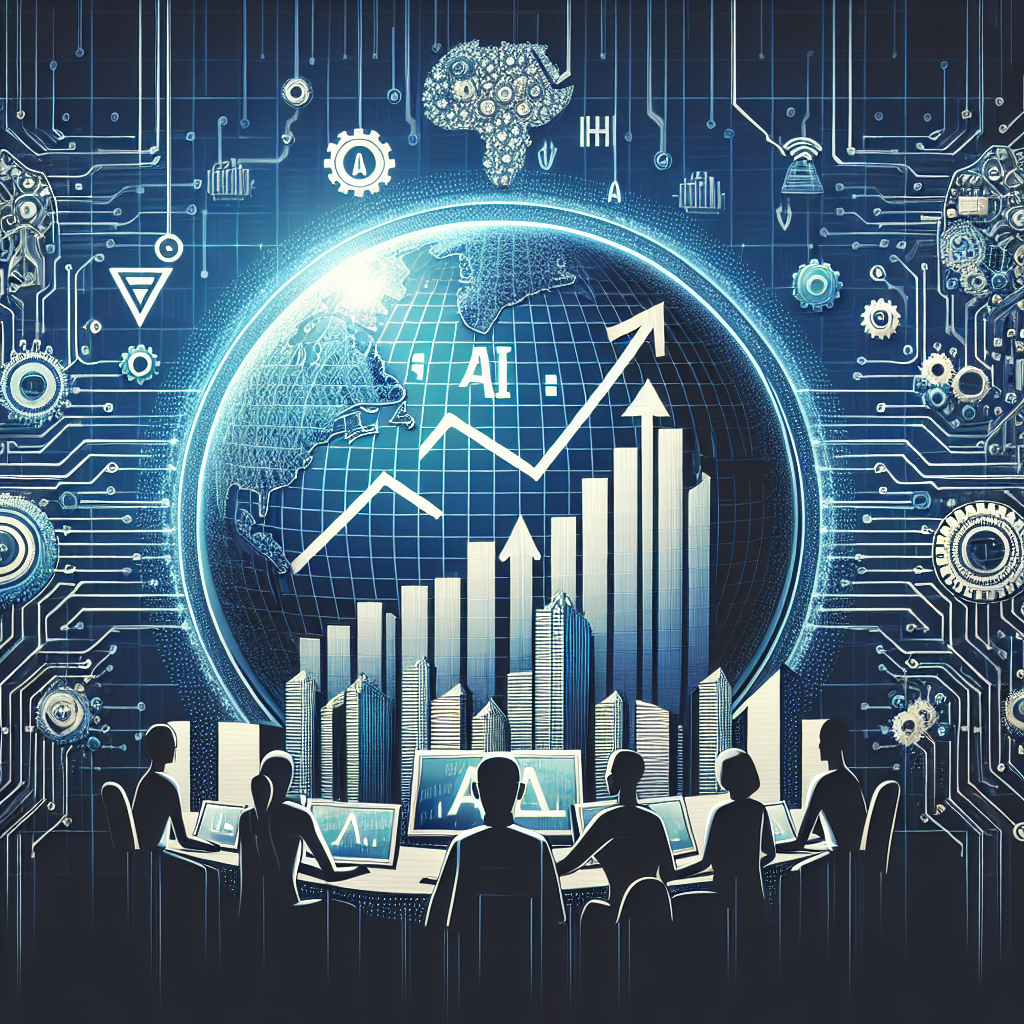In recent years, artificial intelligence (AI) has become an increasingly powerful tool that is transforming industries, businesses, and societies. From advanced algorithms that can predict consumer behavior to autonomous vehicles that can navigate city streets, the potential of AI seems limitless. However, access to this technology has been largely limited to large corporations and tech giants, leaving smaller businesses and developing countries at a disadvantage. Democratizing AI is the process of making this technology more accessible to everyone, regardless of their size or location. By democratizing AI, we can unlock its full potential as a catalyst for growth and development.
The Benefits of Democratizing AI
There are several key benefits to democratizing AI. One of the most significant is the potential for increased innovation. By making AI more accessible, we can empower a wider range of individuals and organizations to create new and innovative solutions to complex problems. This could lead to breakthroughs in fields as diverse as healthcare, agriculture, and transportation.
Democratizing AI also has the potential to drive economic growth. By making AI tools and technologies more widely available, we can help small businesses and startups compete with larger corporations. This can lead to the creation of new jobs and industries, as well as increased productivity and efficiency across the board.
Another key benefit of democratizing AI is the potential for social impact. By making AI more accessible, we can empower individuals and communities to address pressing social issues, such as poverty, inequality, and climate change. For example, AI tools could be used to improve access to healthcare in remote areas, or to optimize energy use and reduce waste.
Challenges of Democratizing AI
While there are many benefits to democratizing AI, there are also significant challenges that must be overcome. One of the biggest challenges is ensuring that AI technologies are used ethically and responsibly. AI has the potential to be used for good, but it also has the potential to be misused or exploited. It is crucial that we develop guidelines and regulations to ensure that AI is used in a way that benefits society as a whole.
Another challenge is ensuring that AI technologies are accessible to everyone, regardless of their resources or technical expertise. While there are many tools and platforms available that make it easier for individuals and organizations to use AI, there is still a significant barrier to entry for many. We must work to make AI more user-friendly and to provide training and support for those who may not have a background in technology.
FAQs about Democratizing AI
Q: What is AI democratization?
A: AI democratization is the process of making artificial intelligence more accessible to everyone, regardless of their size or location. This includes providing tools, resources, and training to individuals and organizations who may not have the technical expertise or resources to develop AI solutions on their own.
Q: Why is democratizing AI important?
A: Democratizing AI is important because it has the potential to drive innovation, economic growth, and social impact. By making AI more accessible, we can empower a wider range of individuals and organizations to create new and innovative solutions to complex problems.
Q: How can AI be democratized?
A: AI can be democratized through a variety of means, including providing access to tools and platforms that make it easier for individuals and organizations to develop AI solutions, providing training and support for those who may not have a background in technology, and developing guidelines and regulations to ensure that AI is used ethically and responsibly.
Q: What are some examples of democratized AI?
A: There are many examples of democratized AI, including tools and platforms that make it easier for individuals and organizations to develop AI solutions, such as Google’s TensorFlow and Microsoft’s Azure Machine Learning. There are also initiatives that aim to provide training and support for those who may not have a background in technology, such as the AI for Good Foundation.
In conclusion, democratizing AI is essential for unlocking its full potential as a catalyst for growth and development. By making AI more accessible to everyone, we can drive innovation, economic growth, and social impact on a global scale. While there are challenges to overcome, the benefits of democratizing AI far outweigh the risks. It is crucial that we work together to ensure that AI is used ethically and responsibly, and that everyone has the opportunity to benefit from this transformative technology.

